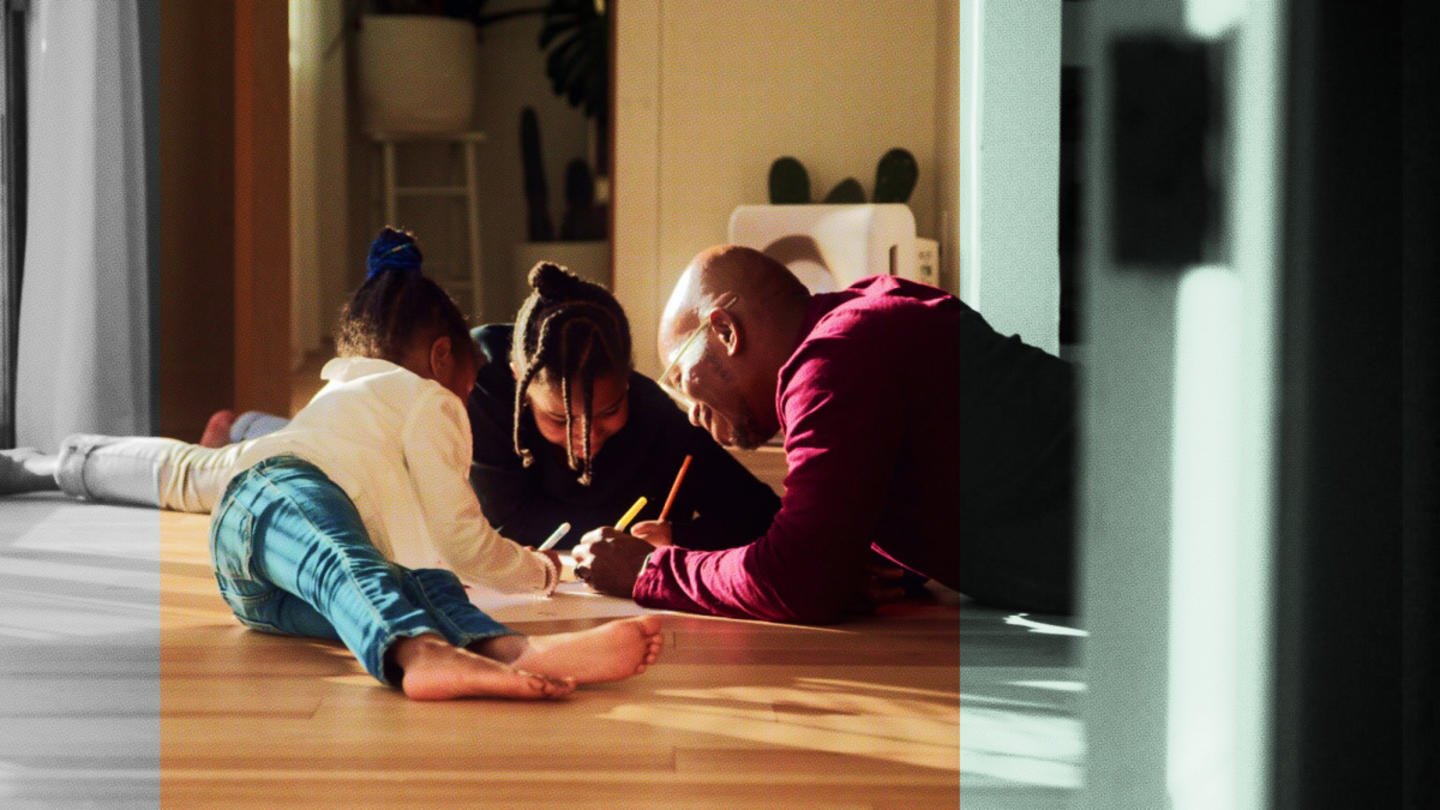Supporting foster children is a rewarding but challenging task. These children often come from difficult situations and need extra care and attention. Understanding how to support foster children effectively is key to helping them heal, grow, and thrive. In this article, we’ll explore practical ways to provide the best support and make a positive impact in their lives.
Create a Safe and Stable Environment
One of the most important things how to support foster children effectively is to create a safe and stable environment. Foster children may have experienced trauma, neglect, or instability in their previous homes. Therefore, it’s essential to provide them with a calm and secure space where they can feel safe and valued.
A stable environment helps children feel protected and supported. Consistency in routines, such as meal times, bedtimes, and activities, gives children a sense of security. Foster children need to know that they can trust the adults around them to be there for them.

Set Clear Expectations and Boundaries
Setting clear expectations and boundaries is also crucial. Children, especially those in foster care, may struggle with understanding limits or rules. It’s important to explain these rules gently and consistently. By doing this, foster children will feel more secure knowing what’s expected of them.
Having structured rules also helps children learn responsibility. It provides them with a sense of control, something that may have been missing in their previous situations. As they follow rules and see the positive results, they will feel more confident.
Offer Emotional Support and Understanding
Another way to support foster children effectively is by offering emotional support. Foster children often carry emotional scars from their past experiences. These children may feel sad, angry, or confused, and they need someone to listen to them without judgment.
One of the most important things you can do is to be patient and compassionate. Foster children need to know that their feelings are valid. Listen to them when they express their emotions. Sometimes, all they need is someone who understands and is there for them.
Encourage Open Communication
Encouraging open communication is essential when thinking about how to support foster children effectively. Foster children might find it difficult to open up about their feelings, especially if they’ve been hurt or neglected before. It’s important to make them feel safe enough to express themselves.
You can foster this trust by asking gentle questions and giving them time to respond. This way, they’ll feel more comfortable sharing their thoughts with you. Over time, they’ll realize that they can speak freely and be heard.
Focus on Education and Personal Growth
Supporting foster children effectively also involves helping them with their education and personal growth. Many foster children have faced interruptions in their schooling, making it more difficult for them to catch up academically. As a caregiver, you can help by being involved in their education and encouraging them to do their best.
Provide a quiet and supportive place for them to study. Help with homework when needed, but also encourage independence. Celebrate their successes, no matter how small they may seem. This will build their self-esteem and motivate them to keep working hard.
Help Them Pursue Their Interests
In addition to academics, support foster children by helping them explore their personal interests. Encourage them to try different hobbies, like art, sports, or music. These activities can give them an outlet for their feelings and help them develop confidence in their abilities. By supporting their interests, you show that you care about their happiness and personal growth.
Build Healthy Relationships with Others
Lastly, how to support foster children effectively involves helping them build healthy relationships with others. Many foster children have experienced broken relationships in their past. They may have difficulty trusting people or forming strong connections.
As a caregiver, model positive relationships with others. Show kindness, respect, and communication in your interactions. Teach the child how to work through conflicts calmly and respectfully. Help them build friendships with others by encouraging social activities and being involved in their social life.
Connect with Support Networks
Connecting foster children with support networks is also important. This can include counselors, teachers, or other foster children. Having a wider support system can provide additional guidance and reassurance. It’s important to let them know they are not alone in their journey.
Conclusion: How to Support Foster Children Effectively
In conclusion, supporting foster children effectively involves creating a safe and stable environment, offering emotional support, encouraging education, and helping them build relationships. Foster children need patience, care, and guidance to thrive. By being consistent, understanding, and involved, you can make a significant difference in their lives. Supporting them in these ways helps them heal, grow, and feel confident in their future.
Ultimately, how to support foster children effectively is about providing a nurturing environment where they can feel safe, valued, and loved.




